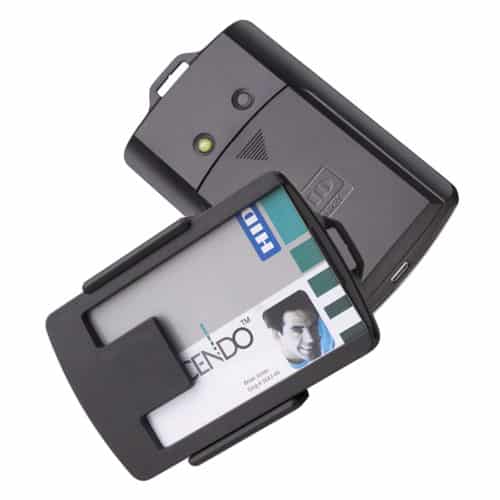A PUF (Physical Unclonable Function) is a “digital fingerprint” that serves as a unique identity for a semiconductor device such as a microprocessor. PUFs utilize deep submicron variations that occur naturally during semiconductor production, and which give each transistor slightly random electric properties – and therefore makes it possible to differentiate between otherwise identical semiconductors. PUFs are usually utilized in cryptography.
Physical unclonable functions (PUFs) are increasingly used for authentication and identification applications as well as the cryptographic key generation. An important feature of a PUF is the reliance on minute random variations in the fabricated hardware to derive a trusted random key. Currently, most PUF designs focus on exploiting process variations intrinsic to the






